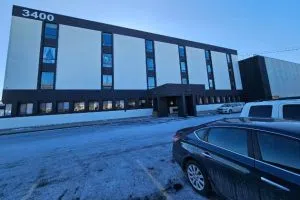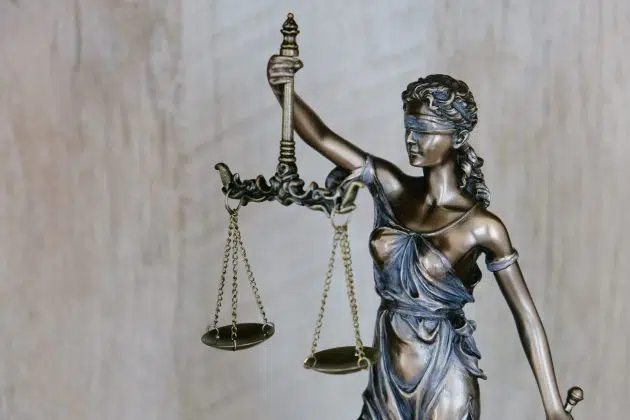ST. PAUL, Minn. (AP) — The judge overseeing the federal trial of three former Minneapolis police officers charged with violating George Floyd’s civil rights ordered Wednesday that the names of the jurors be sealed for at least 10 years.
U.S. District Judge Paul Magnuson said in his order that the court assured prospective jurors for the trial of J. Alexander Kueng, Thomas Lane and Tou Thao that their personal information would be kept confidential. The judge said federal law allows him to do so “in the interests of justice” and that this is “clearly” such a case.
“The significant public attention this trial has generated, combined with the Court’s assurances to prospective jurors that the information would not be released, mandate such sealing,” Magnuson wrote in the order issued around five hours after jury deliberations began. “Such sealing does not prevent any juror from speaking publicly about his or her service, but merely protects the sensitive personal information all jurors provided and makes public disclosure of any juror’s identity that juror’s choice.”
Kueng, Lane and Thao are charged with depriving Floyd of his right to medical care as fellow Officer Derek Chauvin pressed his knee to the Black man’s neck for 9 1/2 minutes while Floyd was handcuffed, facedown. Kueng and Thao are also charged with failing to intervene to stop Chauvin in the May 25, 2020, videotaped killing that sparked protests around the world as part of a reckoning over racial injustice.
After Chauvin was convicted of murder and manslaughter charges in state court in April, the judge in the case initially ordered jurors’ names sealed for at least 180 days, citing concerns for jurors’ safety and privacy.
However, Hennepin County District Judge Peter Cahill relented in November in response to a request by The Associated Press and a coalition of other news organizations. Cahill said Minnesota law presumes that jurors’ names will be made public unless there is a strong reason not to do so.
The case against Kueng, Lane and Thao is in federal court. Magnuson cited case law as saying that while there’s a common-law right of access to judicial records, it’s not absolute and must be balanced against other interests.
Alan Tuerkheimer, a Chicago-based jury consultant, said judges have a lot of leeway and he has heard of instances where judges have sealed jurors’ names indefinitely.
“In Mafia cases or cases involving gangs, there’s a much greater sensitivity to keeping jurors anonymous,” Tuerkheimer said. “In a case like this, I don’t see that this rises to that level.”
Tom Heffelfinger, a former U.S. attorney in Minnesota, said jurors at Chauvin’s trial did express concerns about their safety. He said Magnuson wants the jurors to focus on the case – and not be worried about what might happen based on the decision they make.
“He is a federal judge and he does have a very large degree of discretion on managing these cases as long as it’s not in violation of the law or doesn’t harm the parties’ rights,” he said.
___
(Copyright 2022 The Associated Press. All rights reserved. This material may not be published, broadcast, rewritten or redistributed.)
Latest News







